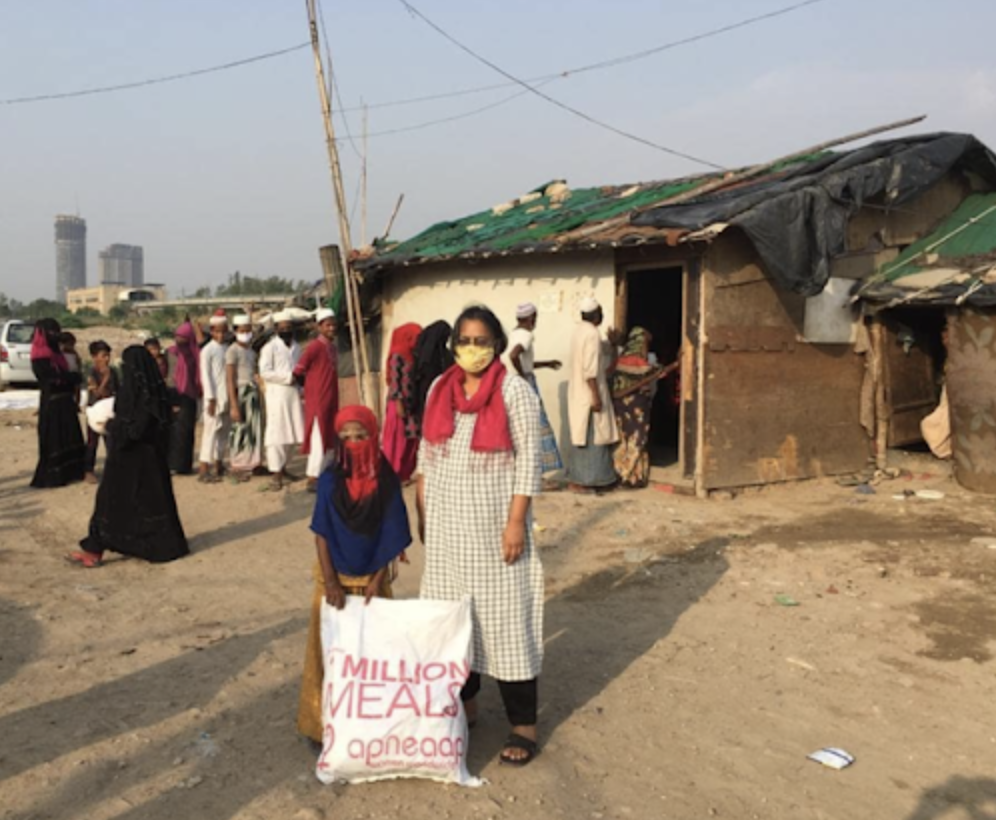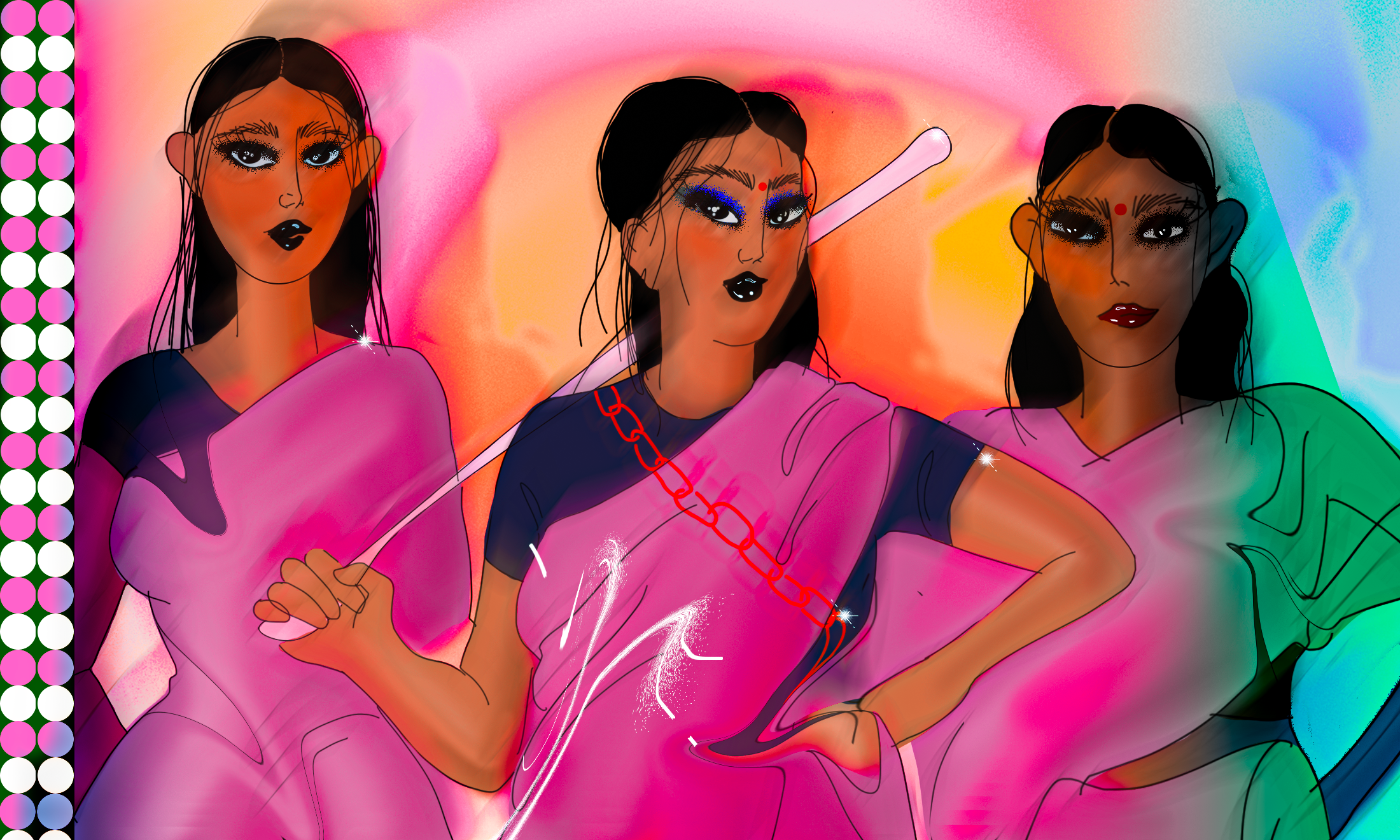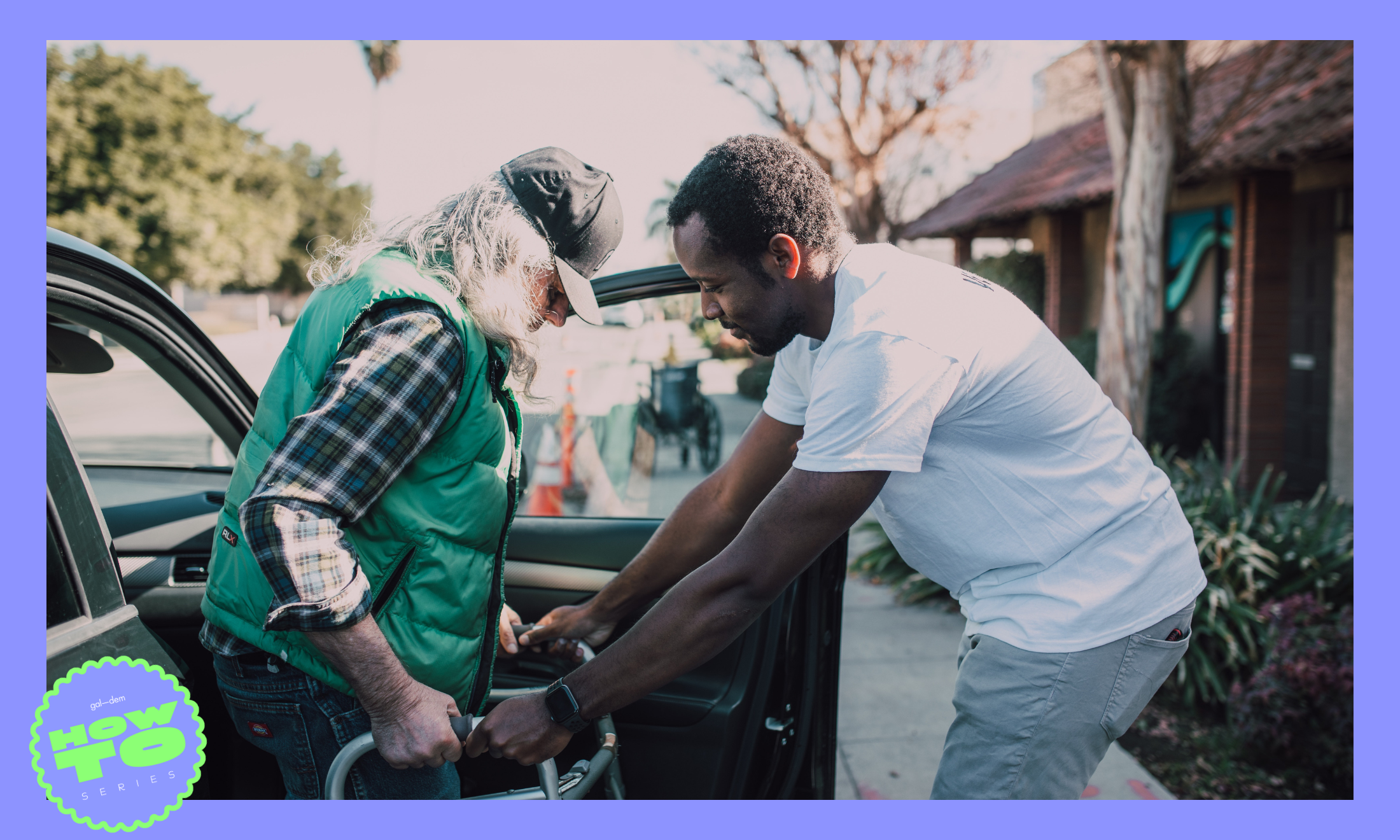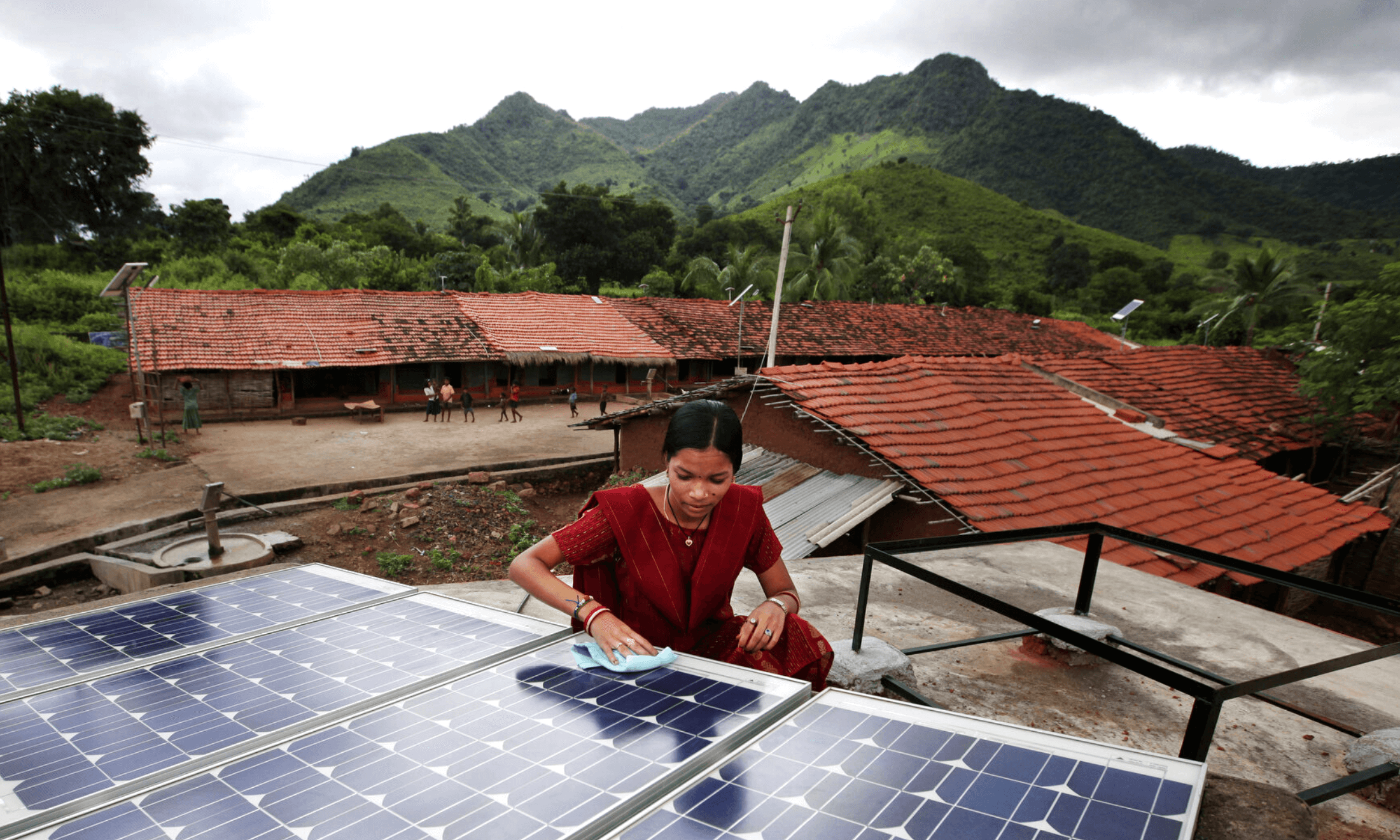
Instagram/Apne Aap
Meet the woman serving one million meals to India’s sex workers during the pandemic
With government aid failing to reach vulnerable communities, Ruchira Gupta took matters into her own hands.
Natasha Ratti
30 Nov 2020
“There are all kinds of things going on in India right now, things which are beyond imagination and against humanity.”
Over a crackly, muffled mobile phone line, I’m speaking to Ruchira Gupta, a social justice activist and founder of the Indian grassroots organisation Apne Aap, a charity which works to eradicate sex trafficking. From her office in India’s capital, Ruchira tells me how the pandemic has left women and girls in the red-light districts of the country – which recently recorded nine million Covid-19 cases – starving and struggling to survive.
Three days into March’s government-imposed lockdown, Ruchira got a WhatsApp message from the 12-year-old daughter of a sex worker living in the red-light area of Delhi. “I’m hungry, I haven’t eaten for three days, is there anything you can do?” it read.
Ruchira asked the girl to send her a list of the people she knew who didn’t have food. “I put 500 cooked meals into the trunk of my car,” she recalls, “and with the help of a retired civil servant, I went to the red-light areas and distributed the food that day.”
Confronted with the scale of the problem on arrival, Ruchira very quickly realised that 500 meals were not going to be enough. Unimaginable numbers of women across the red-light district of Delhi had no food and were going hungry. This was only the beginning; in other Indian cities and states, like Kolkata and Bihar, reports of similar shortages were flooding in from the areas sex workers lived and operated in.
“The police will not give food to vulnerable populations. They beat them up, they make them go away. Some women have abandoned their children because they can’t feed them. Others are contemplating suicide”
Despite an £18 billion coronavirus relief scheme of monthly cash subsidies and free food rations introduced in March by the Indian government for the nation’s poorest, women and girls in the red-light districts across India are without food. “The food is getting lost somewhere,” Ruchira tells me. “It’s not reaching the people.”
Sex workers constitute an invisible and ignored population in India. Many were trafficked into the industry. Others turn to sex work thanks to extremely limited economic alternatives. Immense stigma and prejudices exist.
“These women are seen as expendable, disposable,” Ruchira explains. With lockdown in India differing from that of the UK – “it’s like curfews imposed by the police” – Ruchira describes how a police force dominated by men and patriarchal force target sex workers.
“If women in sex work come out [of their homes],” she says, “the police simply beat them up.”
They also refuse to help people in the sex work industry.
“The police will not give food to vulnerable populations like victims of sex trafficking,” Ruchira continues. “They beat them up, they make them go away. Some women have abandoned their children because they can’t feed them. Others are contemplating suicide. It’s a very, very tough time for women in the red-light areas – it’s horrible.”
Ruchira has now officially mounted her own operation, the One Million Meals movement, which distributes ration kits containing rice, flour, dahl, lentils, spices, soap and sanitary pads to women across the red-light districts of India.

Often, the women Ruchira delivers food to in the red-light areas have very poor families living next door to them, with whom the sex workers share their meals. “I give these women ration kits, and they divide the rations with four more families. It’s beautiful to see,” she says.
Sex workers themselves say that organisations like Apne Aap are all that stand between them and starvation. Bibi Salma lives in the red-light area of Forbesganj in Bihar. She tells me how during Covid-19, her family have been all-but abandoned by the state.
“We have had no help from the Indian government,” Bibi says, “there has been no food or educational support”. As well as herself to feed and look after, Bibi has little children, a factor which only intensifies the extensive repercussions of negligible government aid.
Sushila Nat echoes Bibi’s concerns. She says that no government assistance has reached her family during the pandemic. “My children and I are having a lot of difficulty during lockdown,” Sushila admits. “We have had no food from the government. Only Apne Aap have given us rations during these past two months.”
Samseena Khatun’s experiences of lockdown have been similar. “I am in deep debt,” she confides. “No government rations have reached us, nor has any medical support. We are having a lot of difficulty.”
With state relief mysteriously falling short of reaching women in the red-light areas, non-existent medical aid and scarce educational support for their families, without the help of Ruchira’s charity, the hardships of lockdown would be unfathomable for these women.
“Ruchira has expanded her initiative to provide meals to migrants walking across India who are unable to cook meals while undertaking their long journey”
The government’s relief scheme has been widely criticised as inadequate. Ruchira explains how in addition to the food crisis, financial support offered by the initiative is “hopelessly inadequate”. Under the terms of the scheme, women are allowed to apply for cash subsidies amounting to 500 rupees a month. In India, this sum covers roughly five meals; it’s the equivalent of five pounds sterling. “It will last you for a day if you’re a family of four,” Ruchira complains. “What happens for the other 29 days of the month?”
Suspicions abound that those at the most senior level of government are cutting corners for their own financial benefit.
“They are siphoning off the food to make a profit from the top level,” Ruchira alleges.
Still, officials continue to deny any failure on their part.
“All [levels of] government – national government and state government – saying they’re ‘doing something’ they’re ‘doing something’,” Ruchira says.
“I would talk to this officer and that officer. They were saying everyone has food… But they are wrong, and I know that, because I am in contact with the people”.
Most recently, Ruchira has expanded her initiative to provide meals to migrants walking across India who are unable to cook meals while undertaking their long journey.
“On Friday, I gave a cooked meal to a migrant family – a woman, three children and her husband. They were cycling hundreds of kilometres from Delhi back to their village,” Ruchira recounts. She asked the family if they wanted an extra ration package; they refused. “They said, ‘No, you keep it, because there might be others who need it’,” she remembers.
Deep-rooted societal inequalities have been exposed in India during lockdown. Humane and adequate government support is lacking. Where the state has failed however, compassion of its citizens has compensated. In such circumstances, movements like Ruchira’s One Million Meals are a sad necessity, now more than ever.
Donate to One Million Million Meals here









